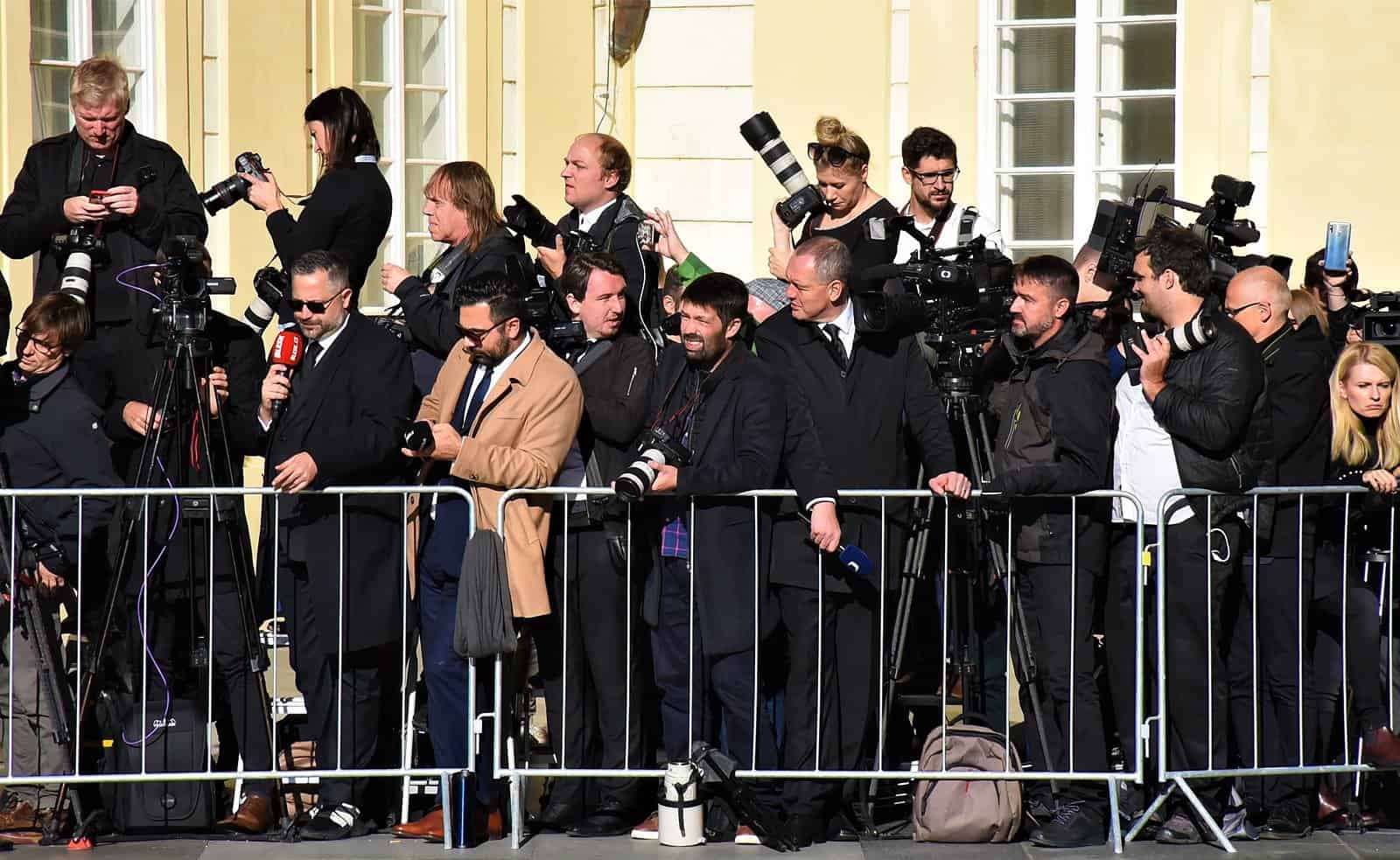
Jon Levitan is a student at Harvard Law School and a member of the Labor and Employment Lab.
Amazon’s retaliations against workers amid the pandemic have come into focus over the last few weeks, as Jacob mentioned last week. Yesterday Tim Bray, a senior engineer and Vice President at Amazon, resigned in protest after the tech-giant fired whistleblowers who sounded the alarm about safety conditions in Amazon warehouses. Bray said the firings were “designed to create a climate of fear,” within the company. In a letter posted on his own website, he said he believes that Amazon is attempting to improve safety conditions within its warehouses. But, he wrote, “at the end of the day, the big problem isn’t the specifics of Covid-19 response. It’s that Amazon treats the humans in the warehouses as fungible units of pick-and-pack potential.” Bray called for legal intense regulation of Amazon, using antitrust, employment, and labor laws to rein in the company’s excesses, and pointed to France as a model to follow.
New York Times media columnist Ben Smith wrote about the NewsGuild, a union that represents journalists, in responding to the coronavirus crisis and the broader crisis facing journalism. He describes generational and ideological changes in the Guild. Millennial journalists, who were the force behind a wave of recent successful unionization drives at media companies and increasingly see themselves as workers rather than professionals, have risen to positions of power in the union. “The new leaders had been involved in organizing campaigns around the country that expanded the traditional focus of labor to include, for instance, using gender-nonconforming employees’ preferred pronouns at Vice, and dropping the use of nondisclosure agreements in sexual harassment cases at Condé Nast,” Smith wrote. And amid the pandemic, unions are pushing for arrangements like work spreading that preserve jobs.
But Smith argued that the strength of a union is tied to the viability of the industry, and the real threat to journalists’ jobs is not their own employers but companies like Facebook and Google who have captured much of the advertising revenue that previously kept the media industry afloat. He wrote that unions and management should work together to confront the tech-companies that threaten their industry. Smith, formerly in management at Buzzfeed, “would…rather see the famous inflatable rat outside Google’s offices than [his] newsroom. That’s where the money is.”
“If they’re heroes, pay them like heroes — and protect them like the precious resources they are,” wrote Washington Post columnist Catherine Rampell about essential workers in a column yesterday. She wrote that the limited hazard pay provided by some companies, like Target and Kroger, are not sufficient to fairly compensate workers who are taking enormous risks to provide sorely needed services to the country.






Daily News & Commentary
Start your day with our roundup of the latest labor developments. See all
January 27
NYC's new delivery-app tipping law takes effect; 31,000 Kaiser Permanente nurses and healthcare workers go on strike; the NJ Appellate Division revives Atlantic City casino workers’ lawsuit challenging the state’s casino smoking exemption.
January 26
Unions mourn Alex Pretti, EEOC concentrates power, courts decide reach of EFAA.
January 25
Uber and Lyft face class actions against “women preference” matching, Virginia home healthcare workers push for a collective bargaining bill, and the NLRB launches a new intake protocol.
January 22
Hyundai’s labor union warns against the introduction of humanoid robots; Oregon and California trades unions take different paths to advocate for union jobs.
January 20
In today’s news and commentary, SEIU advocates for a wealth tax, the DOL gets a budget increase, and the NLRB struggles with its workforce. The SEIU United Healthcare Workers West is advancing a California ballot initiative to impose a one-time 5% tax on personal wealth above $1 billion, aiming to raise funds for the state’s […]
January 19
Department of Education pauses wage garnishment; Valero Energy announces layoffs; Labor Department wins back wages for healthcare workers.